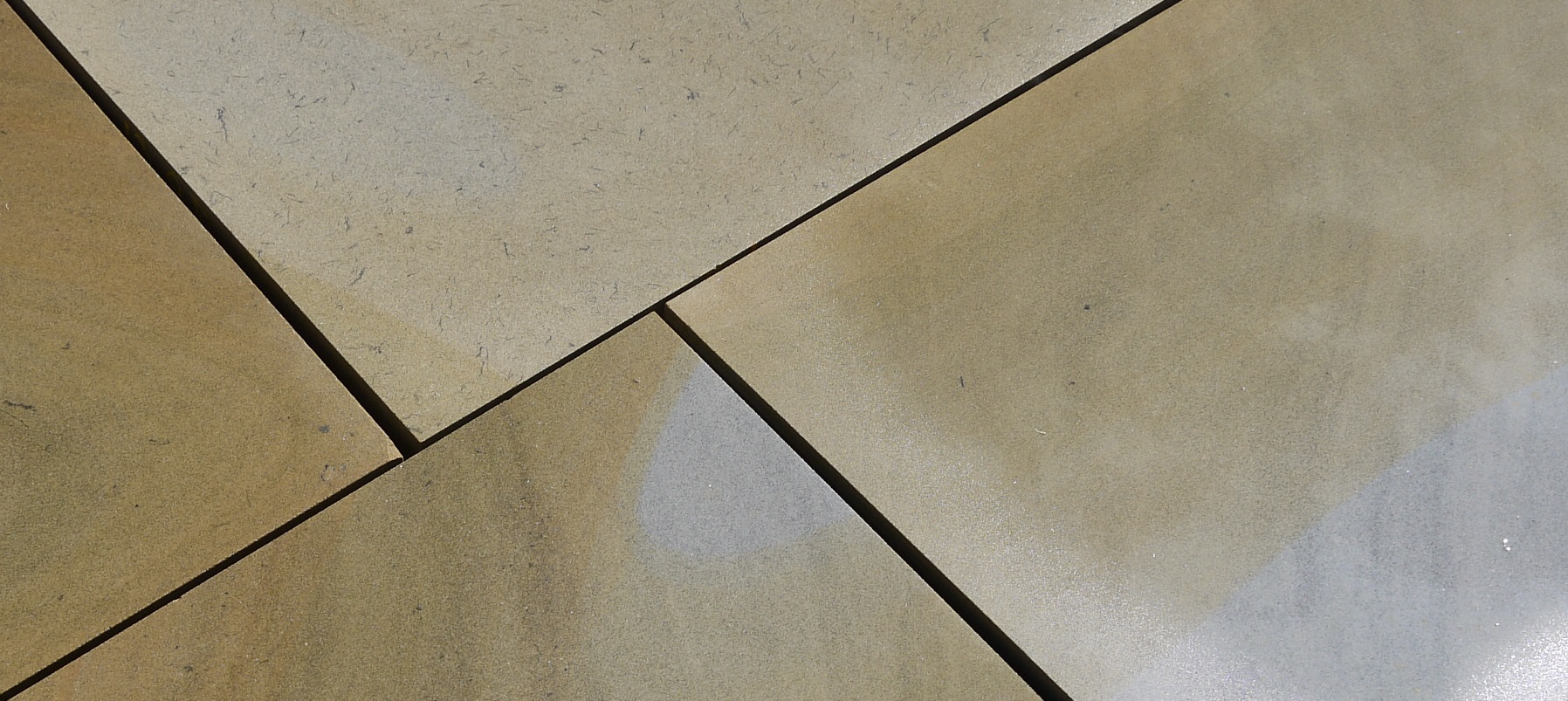
22 Nov Ten Indicators Your Home Requires Masonry Work
Safeguarding the Integrity of Your Residence
The art of using bricks, stones, or concrete blocks, known as masonry, adds a timeless appeal and durability to your residence. Nevertheless, the unyielding elements of nature and the progression of time can cause damage to masonry constructions. To ensure the structural integrity and visual appeal of your property, it is crucial to pay heed to the indications that suggest the requirement for masonry upkeep.
Cracked Bricks or Stones
Cracked bricks or stones are easily noticeable and concerning signs of masonry distress. These cracks can vary in size, from small fissures to large crevices, but they all indicate a deterioration in the structural strength of the masonry. Various factors, including exposure to the elements and foundation movements, can cause these cracks to appear over time. Neglecting these imperfections can lead to more extensive damage, moisture infiltration, and even safety hazards.
Deteriorating Mortar Joints
Mortar joints are essential for holding bricks or stones together in a masonry structure. If you notice the mortar starting to crumble, deteriorate, or become dislodged from the joints, it is a clear sign that your masonry needs immediate attention. Over time, weather conditions and temperature changes can cause the mortar joints to erode, which can lead to instability in the structure as bricks or stones become loose. It is crucial to address this issue promptly to ensure the stability and longevity of your masonry.
Water Damage
Water infiltration poses a considerable threat to masonry structures. Signs of water damage, such as efflorescence (a white powdery residue), staining, or visible signs of moisture seeping through, are evident. These obvious indications not only diminish the visual attractiveness of your masonry but also have the potential to cause harm to its structure. It is essential to carry out proper masonry work, including sealing and waterproofing measures, to prevent the deterioration of your property’s structural integrity.
Leaning or Tilting Chimney
A leaning or tilting chimney is a cause for concern as it indicates serious masonry problems that require urgent attention. This inclination suggests a compromised foundation or structural instability, posing a potential danger. An improperly aligned chimney can result in ventilation problems and even the possibility of it collapsing. It is crucial to seek professional evaluation and necessary repairs when faced with such issues.
Sagging Arches or Lintels
Sagging arches or lintels located above windows and doorways indicate potential failure in providing sufficient support to the load. This structural issue can arise from different factors, such as problems with the foundation or insufficient structural reinforcement. It is crucial to promptly address this masonry problem in order to stabilise and restore the structural integrity of your residence.
Bulging or Bowing Walls
Masonry complications can be identified by bulging or bowing exterior walls, which are warning signs that should not be ignored. These issues can arise due to various factors such as soil pressure, insufficient structural support, or water infiltration behind the masonry. Ignoring these problems can cause further structural damage, including the development of cracks and even the possibility of structural collapse. It is crucial to seek professional assistance to stabilise and correct these wall deformities.
Loose or Displaced Bricks or Stones
Ensuring that the bricks or stones in a masonry structure are secure and in place is of utmost importance as it can impact the stability and integrity of the building. These components are critical in providing structural support and preventing moisture from seeping in. The presence of loose or dislodged bricks or stones may suggest issues with mortar degradation or foundation shifts. It is crucial to promptly address these concerns to prevent further deterioration and uphold the structural robustness of your property.
Interior Wall Cracks
Interior wall cracks can also indicate underlying masonry problems, as they may be caused by foundation shifts that impact the stability of the masonry. While it is important to address these cracks for aesthetic purposes, it is equally vital to investigate and resolve the underlying masonry issues to prevent additional damage. A professional masonry assessment can determine the severity of the problem and recommend the appropriate remedial actions.
Fading or Discolouration
While primarily focused on aesthetics, the fading or discolouration of your masonry can indicate the erosion and weathering of the material. Over time, masonry components can lose their original shine as a result of being exposed to the elements. By cleaning and sealing your masonry, you not only improve the curb appeal of your home but also protect it from further deterioration.
Age of the Masonry
At times, the age of your masonry can act as a signal for potential problems. Masonry structures that are older might have experienced more damage, which could result in cracks, deterioration of mortar, or other issues. Consistent inspections and upkeep of older masonry play a crucial role in maintaining its durability and aesthetic appeal.
The importance of the masonry in your residence goes beyond its appearance; it plays a crucial role in maintaining the structural stability of your property. If you notice any of these indications, it is essential to seek the expertise of a skilled masonry specialist who can evaluate the situation and advise on the necessary repairs or restoration. Taking prompt action to address masonry issues is not only vital for preserving the aesthetic charm of your home but also for guaranteeing its safety and durability. Postponing necessary measures can worsen the problems, so take proactive measures today to safeguard your investment.




Sorry, the comment form is closed at this time.